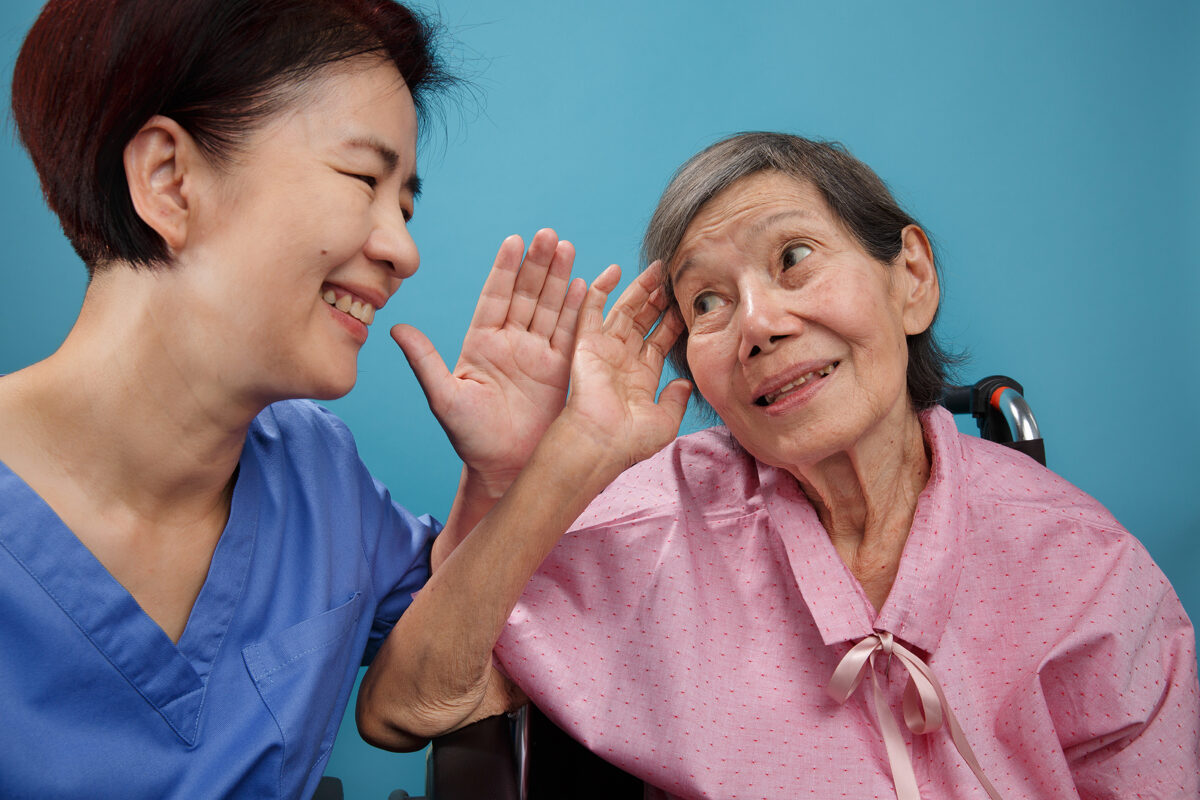The Surprising Emotional Cost
Many people feel an intense mixture of emotions when they first get their hearing aids. On the one hand, they feel a thrill at the return of their sense of hearing, which they had once taken for granted to such a degree that they hardly noticed its diminishing acuity. But on the other hand it is often also a sad moment. Why sad?
Getting your first hearing aid can be sad because if you are like most people, you have put off doing this for so long. There are endless reasons why this delay is so common. Many more people than not refuse to even adit that they have a hearing problem. Our senses become so normalized to us day to day—indeed our whole experience of the world is determined by our senses—just think how easy it is to fail to notice that any one of them is gradually dimming.
And even among those who can admit that they are suffering some new difficulties, they then have to accurately assess the severity of the new problem’s impact on their life and determine that it is worth investing in. Of course so many of us downplay any health concerns that we can because dealing with it requires a time out from life and breaking our routines can be tough.
In fact, deferring appropriate hearing health treatment is so common that only an estimated 20% of people with dialing hearing loss ever seek treatment. And of this small proportion too effected people that do wear hearing aids, studies find that they have waited an average of seven years in-between the time that they first suspected that they should do so and actually doing so.
So, back to our original point. Getting your first hearing aid can be sad because it can be tough to deal with the regret of having delayed so long once you realize how simple and comfortable and easy it actually is. And it can be sad to ponder all the missed opportunities, over so many years. So many meaningful events with family and friends that you were not as present for as you could have been. So many small moments of nuanced and subtle communication missed and it is exactly this sort of communication that creates and nurtures intimacy and trust.
Hearing Health is Health
Hearing loss is one of the most common health problems, affecting over 13% of the population to some degree. Somewhere between 30-48 million Americans live with it. This includes an astonishing one-third of people aged 65-74 and over half of everyone 75 years old and older. Think of all these people, each one with a quality of life significantly reduced in every way: medically, professionally, socially, psychologically.
There are obviously basic safety risks that come with hearing loss. There are plenty of sonic signals in our daily lives that we take for granted, yet our survival depends on, such as alarms, horns, warning calls. And there are all the alerts we risk missing, such as phone calls, door bells, and alarm clocks. It is simple enough to extrapolate the potential losses that come with all this.
But consider for a moment the common trajectory of untreated hearing loss and how it impacts overall health. You may downplay the hunch that you are suffering hearing loss because you figure you can hear okay because when you are face to face with someone in a controlled environment you have no trouble making out what they are saying. But not much of life happens this way. If you have trouble following conversations in public settings with distracting background noise, you are likely to become frustrated or confused. And remember, all this happens mostly subconsciously. When you are frustrated and confused you are likely to withdraw socially. This of course leads to loneliness, which clearly leads to depression. And studies have proven over and over how damaging depression can be to one’s sense of well-being. It so easily leads to cognitive decline and even dementia.
But None of This is Necessary
But you do not need to suffer. Remember that there is no more accurate and meaningful way to insure your hearing health than making an appointment today with one of our trained specialists.

